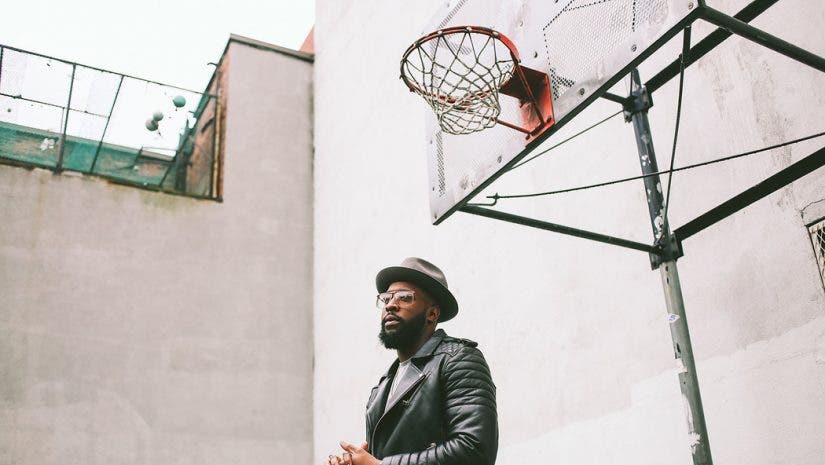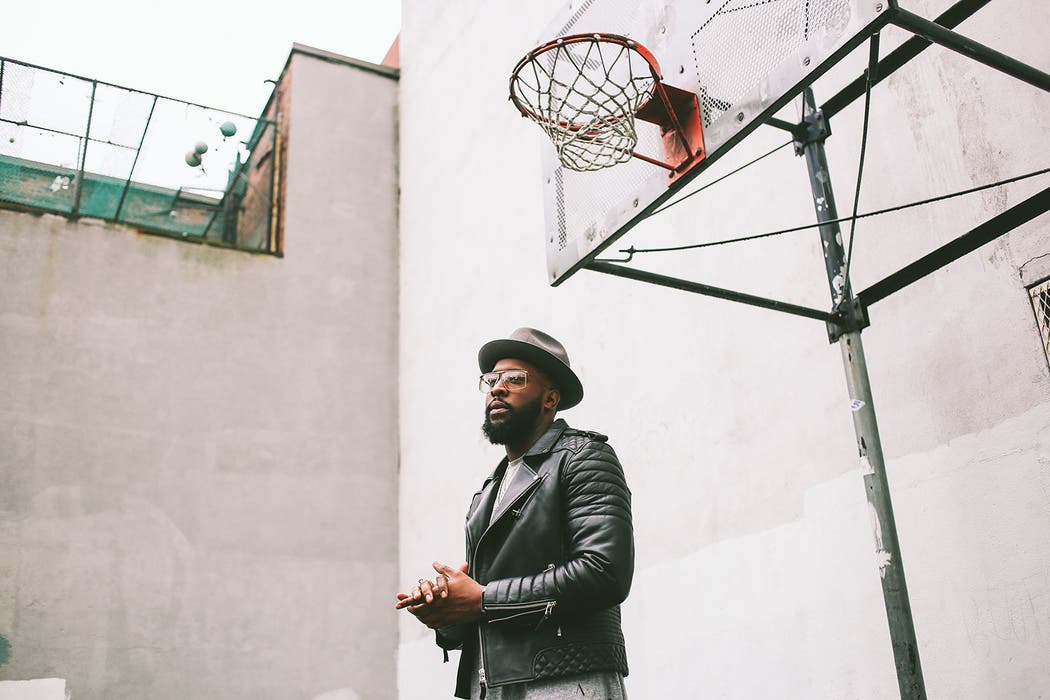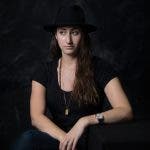For professional photographer Aundre Larrow, portraiture is a doorway into his subjects’ stories. Although he now lives in Brooklyn, Larrow grew up in Florida after immigrating to the United States from Jamaica at a young age. Larrow is proof that we are all living profound and interesting stories that we don’t necessarily show to the rest of the world, and his photographic work is his own artistic effort towards bringing those stories into the light.

As a child, Larrow notes that he had a camera in his hand every chance he got. He may not have had a camera of his own, and wasn’t yet sure how the whole “photography thing” would fit into the bigger picture of his life, but he managed to borrow cameras from friends and through his church volunteering, always fiddling and tinkering. At 15, Larrow’s high school theater teacher gave him a film camera after taking notice of his interest. As a journalism major in college, when coursework led Larrow to the student newspaper, he discovered what really drove him: photography, not reporting.

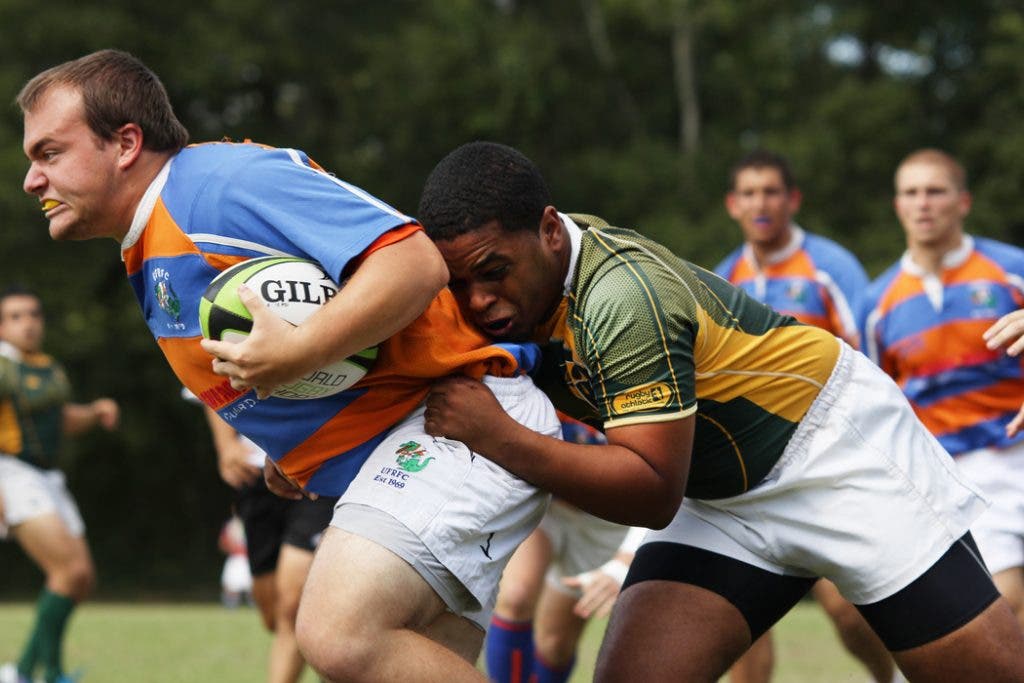
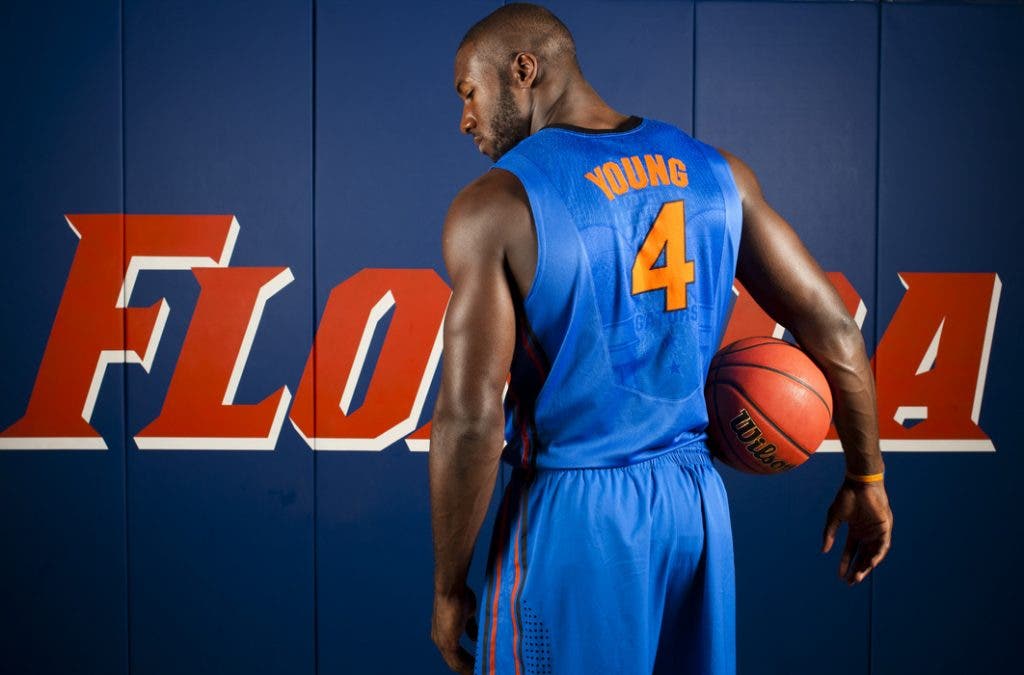
This spring, Larrow completed the year-long Adobe Creative Residency program with his main project, Stories From Here, with the main goal to create photographs and complete projects that embodied a sense of place, asking how upbringing, background, and the places we inhabit inform our identity.
Stories From Here took Larrow across the country interviewing and photographing individuals from a diverse range of communities and geographical regions. Closer to home, Headed to Church Avenue captures images of New York City’s G train, and the changing rider demographic as gentrification pushes deeper and deeper into Brooklyn and Queens.

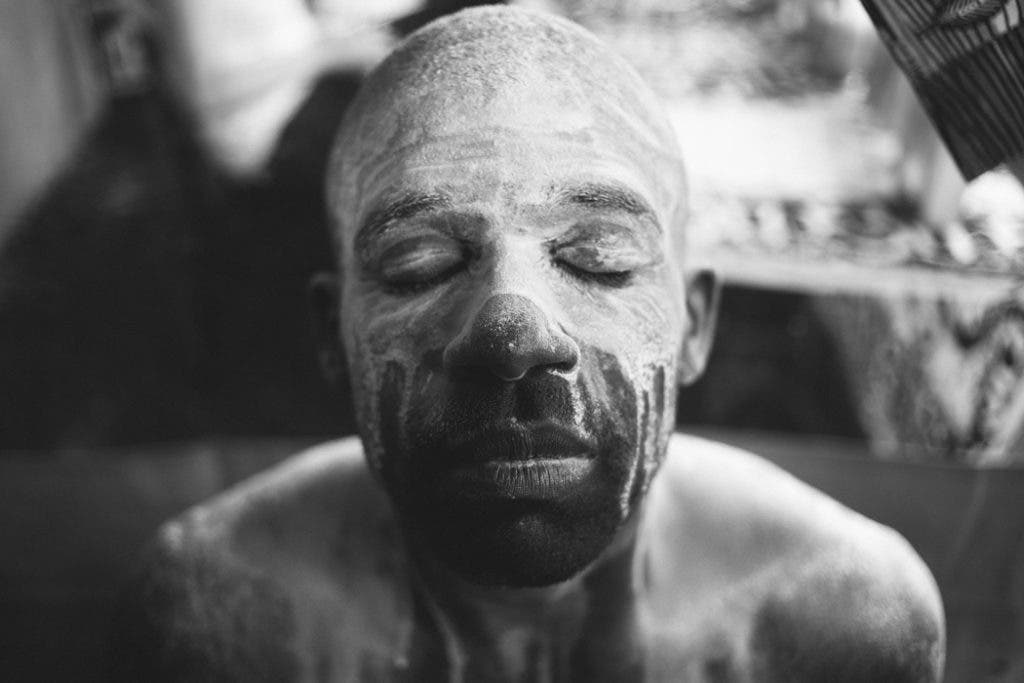
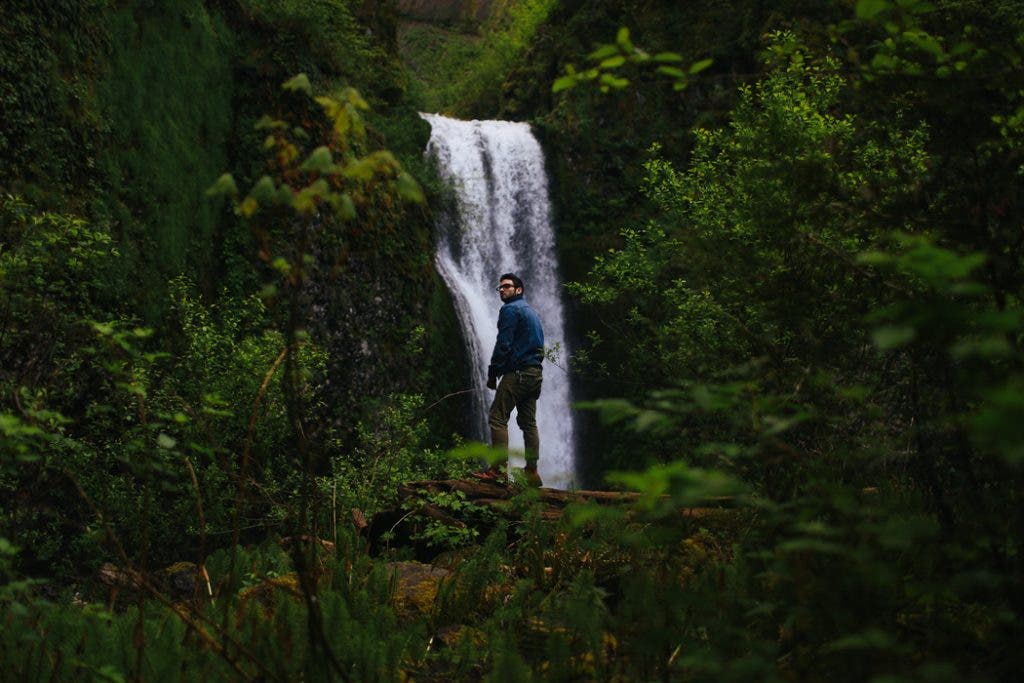
When he first moved to New York, Larrow originally planned to stay for just a year, taking some time to figure out where he would attend grad school, with the serious intention of paying close attention to his finances. “I had this deal with my mom that every week I would meet a new industry professional so I could learn what it is I don’t know,” Larrow tells ALC. And it worked. One gig led to another, and his portfolio started to grow. Larrow worked for brands like Men’s Fitness and Walker & Company before being accepted into the Adobe Creative Residency, and has since signed with artist representation agency Tinker Street. Before he realized it was happening, Brooklyn had become his home.

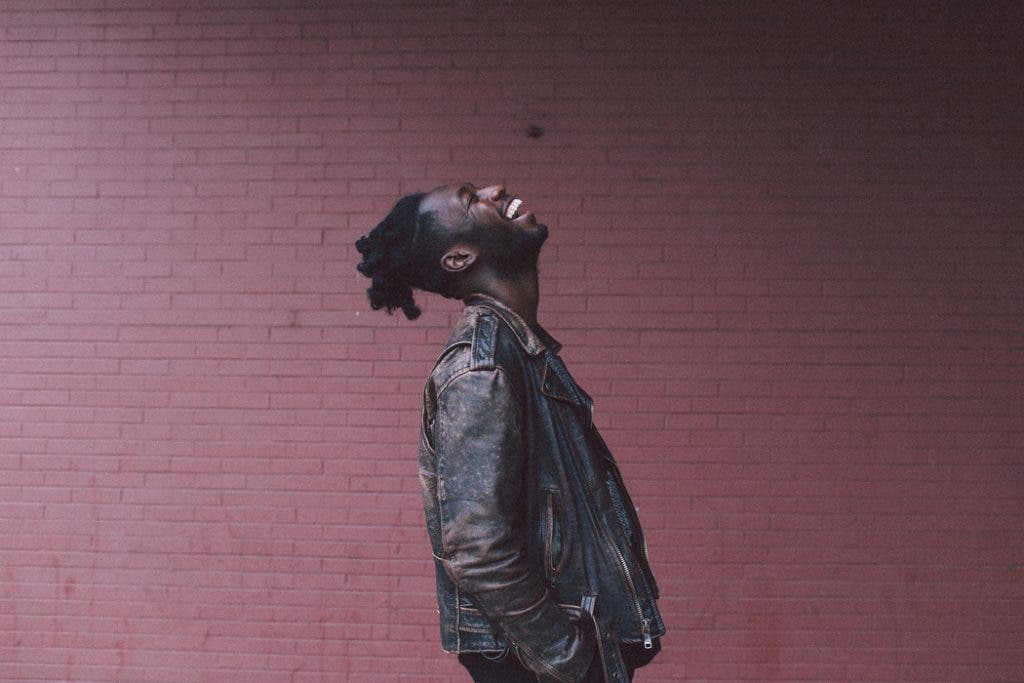
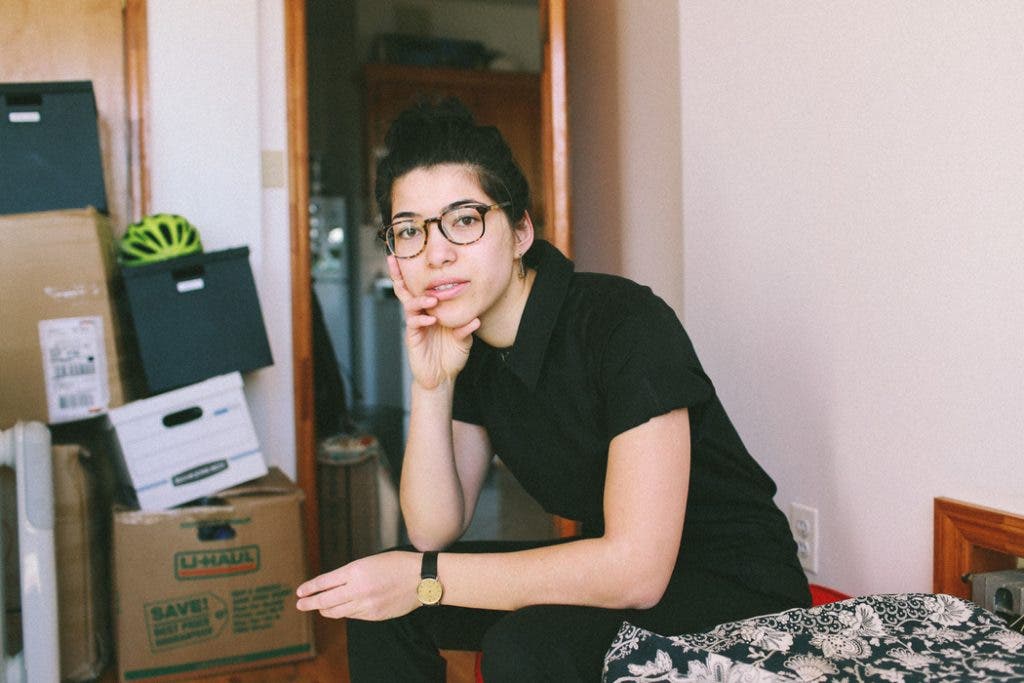
Since the Residency completed in May, Larrow has been working hard to ride the uptick of interest in his work. He shoots using a range of lenses for his Canon 5D Mark II and Canon 6D Mark I, and occasionally opts for his iPhone X or a Fujifilm X100F.
Recently, he completed a project with the Golden State Warriors to celebrate their local fan night, shot Hannibal Buress at BAM, and photographed the dancers of the New York City Ballet. Larrow’s Apple Talk in May drew together the work he’s been doing to educate photographers on how to light and edit darker skin tones. He was originally inspired to speak up about the importance of representing people of color in their best light by Director of Photography Ava Berkofsky’s work on Insecure. Through his writing on the subject and his recent Apple Talk, Larrow has caught the teaching bug.
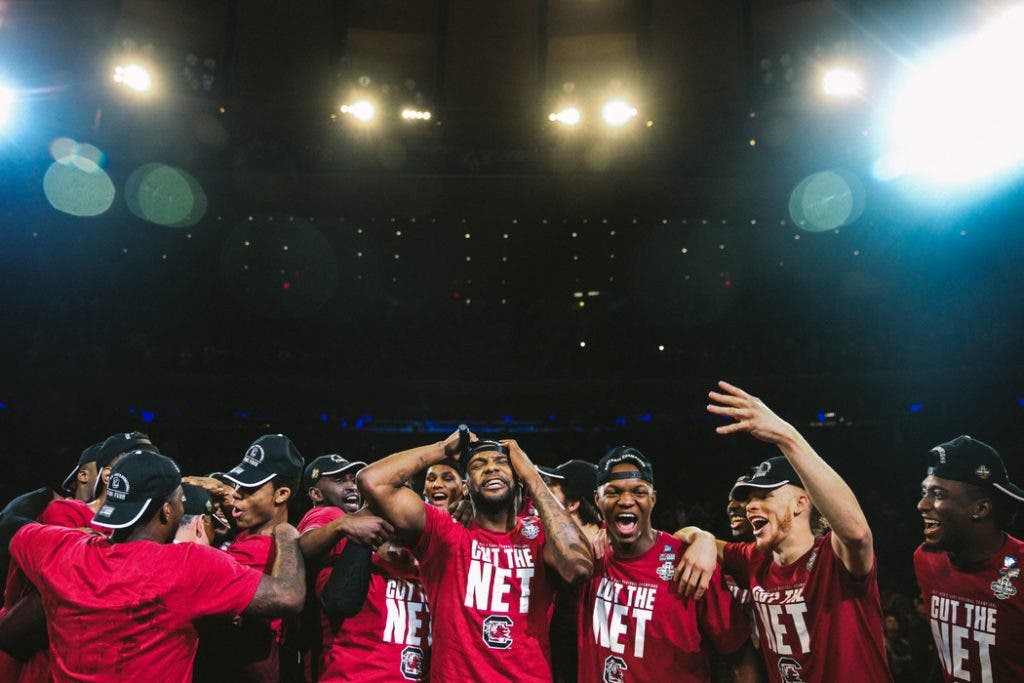
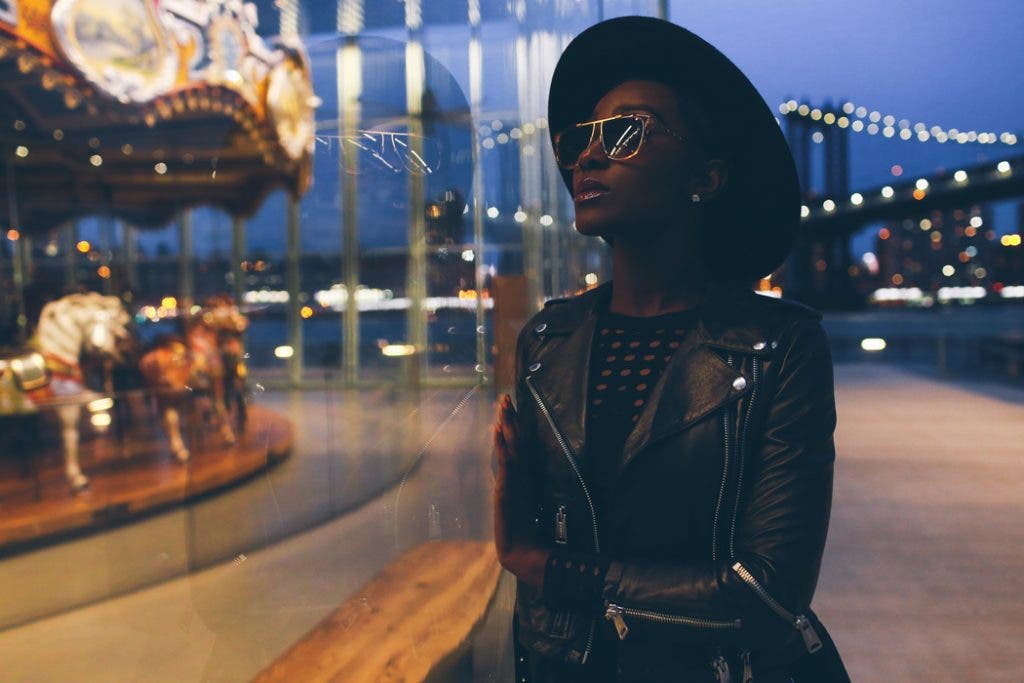
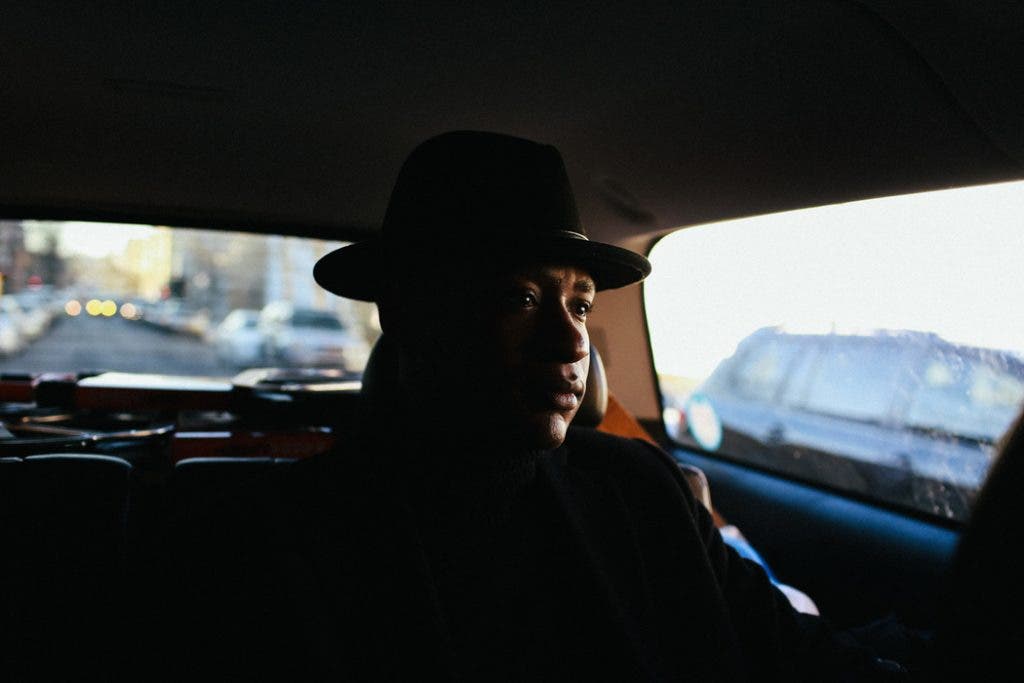
While his photographs are visually striking, it’s the deeper meaning of the stories those images represent that inspires Larrow. Portraiture, he says, is an expression of not only our individual identity and sense of self, but also of how we came to develop and understand our identities in the wider context of the world around us. His intentional approach to shooting diverse subjects is rooted in his own artistic and personal inquiry around whose stories are heard, and how our identities often dictate our experience.
“To me, taking-over-the-world kind of success means that if you need to, you can mobilize your community around something that matters.”
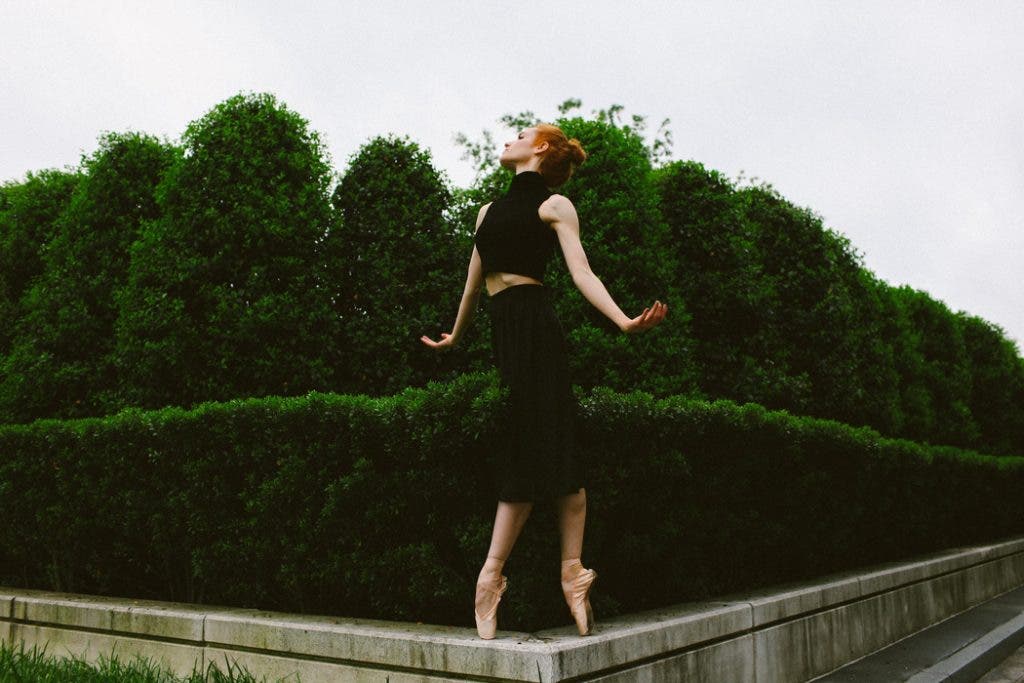
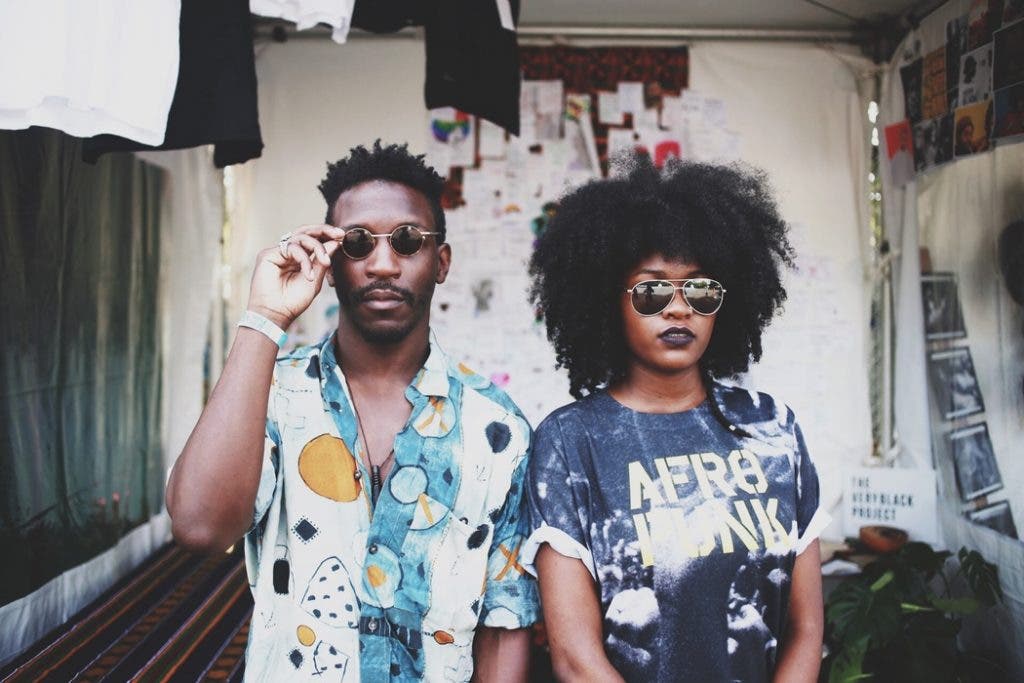
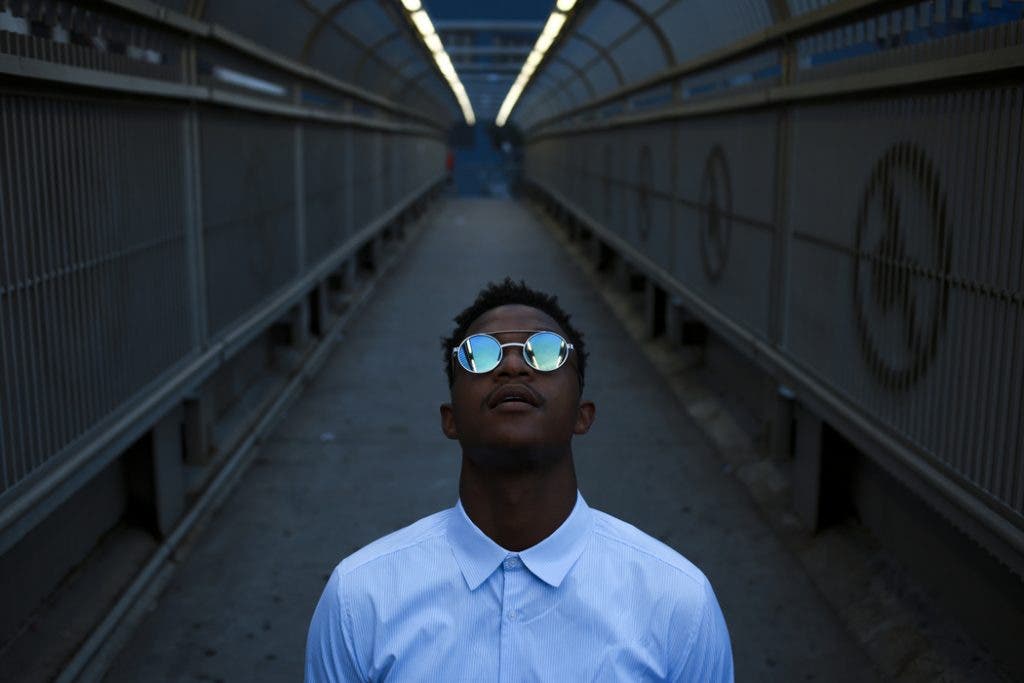
With so many opportunities knocking at his door, it can seem like the world is laid out at Larrow’s feet. But even though he is doing work that he believes in and can be proud of, Larrow dreams of a different kind of success. He jokes about taking over the world with portrait photography, but in a way, he means it.
“To me, taking-over-the-world kind of success means that if you need to, you can mobilize your community around something that matters,” Larrow says.
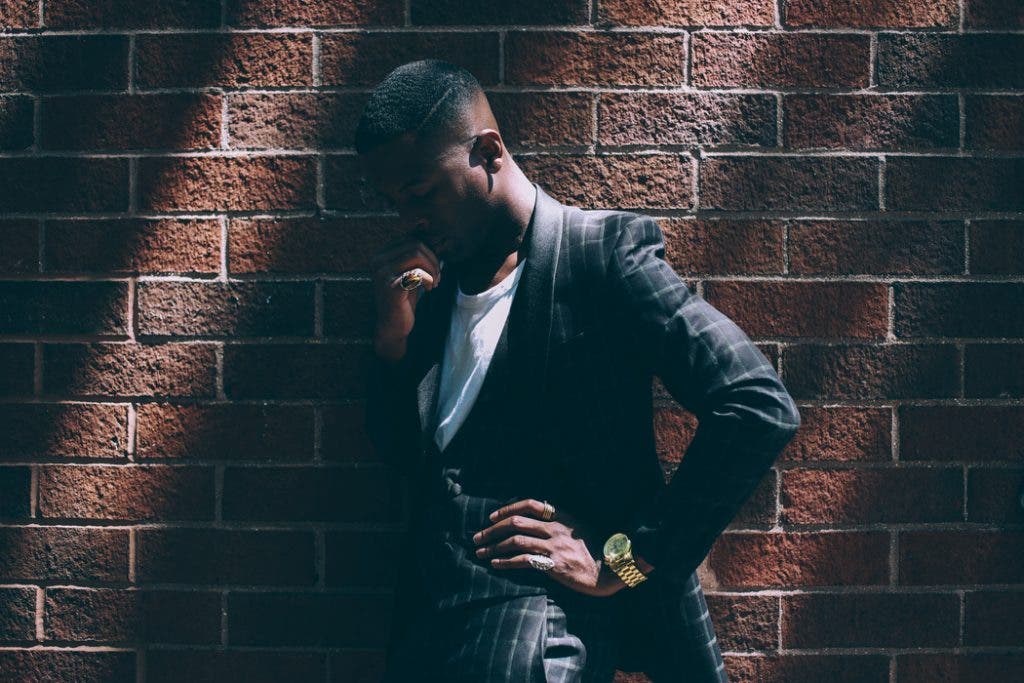
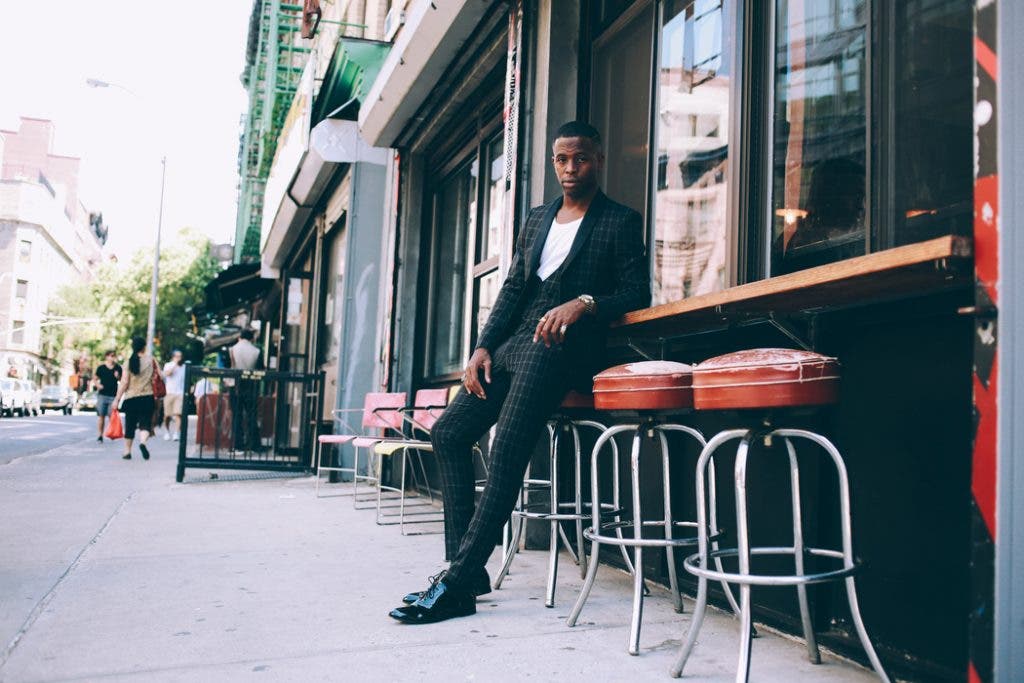
Back when he was a kid messing around with borrowed cameras, Larrow already knew in his heart that it was more important to recognized than wealthy. But Larrow’s dream “fame” is the influence of change that comes with it, not exactly the glamour.
“There will come a time when something important will happen and people will trust your voice enough to be able to make a difference,” he says.
